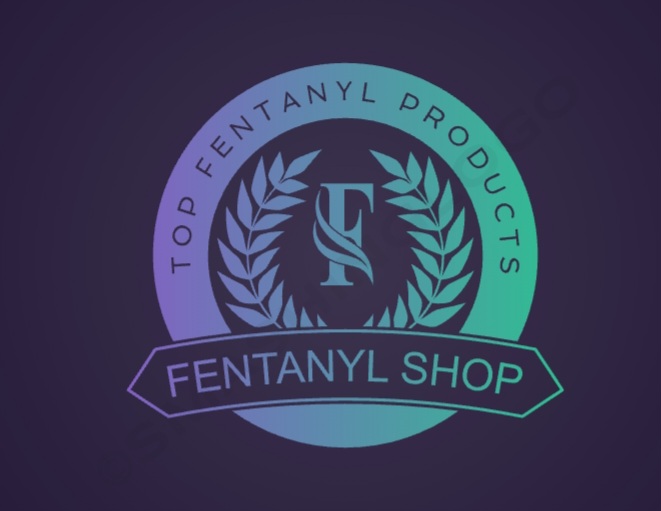Understanding Drug Advertising Regulations: Navigating Legal and Ethical Boundaries
Discover the ins and outs of Drug Advertising Regulations on Facebook and Social Media. Shop original top branded Fentanyl products at Fentanyl-Shop. Drug advertising is a highly regulated field governed by both legal and ethical standards to ensure consumer safety and accurate information dissemination. Regulatory bodies such as the Food and Drug Administration (FDA) in the United States and the European Medicines Agency (EMA) in Europe play crucial roles in overseeing the advertising practices of pharmaceutical companies. Understanding the regulations surrounding drug advertising is pivotal for businesses to avoid legal repercussions and to maintain public trust.

The primary aim of drug advertising regulations is to ensure that promotional materials are truthful, balanced, and not misleading. This involves presenting both the benefits and potential risks of the drug, adhering to approved indications, and avoiding any claims that are not backed by substantial evidence. Advertisements must also comply with specific formatting requirements, such as the inclusion of disclaimers and the presentation of risk information in a clear and conspicuous manner.
Ethical considerations in drug advertising extend beyond legal compliance. Ethical advertising practices encompass a commitment to public health, responsible communication, and transparency. This includes avoiding the exploitation of vulnerable populations, such as the elderly or those suffering from chronic conditions, and ensuring that advertising messages are culturally sensitive and inclusive.
Promoting Drugs on Facebook: Strategies for Compliance and Creativity
Facebook, with its massive user base and advanced targeting capabilities, presents a valuable platform for pharmaceutical companies to reach potential customers. However, promoting drugs on Facebook comes with its unique set of challenges and requirements. Marketers must navigate Facebook’s specific advertising policies, which are designed to protect users from misleading or harmful content while also adhering to broader regulatory requirements.
To effectively promote drugs on Facebook, marketers need to strike a delicate balance between compliance and creativity. Ensuring compliance involves understanding Facebook’s advertising guidelines, which prohibit the promotion of certain types of drugs and require ads to include clear disclaimers about potential risks. Advertisers must also be aware of the platform’s restrictions on targeting specific demographics and health conditions.

While compliance is paramount, creativity is equally crucial to capture the audience’s attention and convey the message effectively. Creative strategies can include the use of engaging visuals, storytelling, and user-generated content, all while maintaining a tone that is professional, respectful, and informative. Incorporating testimonials from healthcare professionals or patients, providing educational content about the drug and its benefits, and leveraging interactive elements like polls and quizzes can enhance user engagement.
Additionally, transparency and authenticity in communication help build trust with the audience. Providing easy access to detailed information about the drug, including links to official websites or regulatory bodies, can reinforce the credibility of the advertisement. Marketers should also be prepared to engage with users by responding to comments and inquiries promptly and accurately.
Drug Ads on Social Media: Adapting to a Dynamic and Interactive Landscape
Social media platforms have revolutionized the way pharmaceutical companies communicate with their audience. The dynamic and interactive nature of social media allows for real-time engagement, feedback, and community building. However, this landscape also requires marketers to be agile and vigilant in their advertising practices to ensure compliance and effectiveness.
One of the key strategies for successful drug advertising on social media is understanding the unique attributes and user behavior on each platform. For instance, while Facebook is known for its extensive targeting options and community features, Instagram offers a visually driven experience that can be leveraged for storytelling and brand building. Twitter, with its real-time updates, is ideal for sharing the latest news, research findings, and engaging in public health discussions.
Given the interactive nature of social media, pharmaceutical companies must be prepared to manage and moderate user-generated content effectively. This includes monitoring comments, addressing misinformation, and handling adverse event reporting in accordance with regulatory guidelines. Establishing clear guidelines for social media interactions and training staff to respond appropriately are essential components of a robust social media strategy.
Data analytics and social listening tools play a crucial role in optimizing drug advertising campaigns on social media. By analyzing user engagement metrics, sentiment analysis, and audience insights, marketers can refine their strategies to improve reach and impact. Regularly reviewing and updating content based on user feedback and emerging trends ensures that advertisements remain relevant and compliant.

Collaboration with healthcare professionals, influencers, and patient advocacy groups can further amplify the reach and credibility of drug advertisements on social media. These partnerships can provide valuable perspectives, enhance the authenticity of the message, and foster a sense of community among users. However, transparency about such collaborations and adherence to ethical standards is paramount. Buy blue Mexican Oxy pills online, Drug Advertising Regulations, Promoting Drugs on Facebook, Drug Ads on Social Media.
Drug advertising on social media requires a multifaceted approach that integrates compliance, creativity, and real-time engagement. By understanding the regulatory landscape, leveraging the unique features of each platform, and maintaining a focus on transparency and user trust, pharmaceutical companies can effectively promote their products while safeguarding public health and ethical standards.
